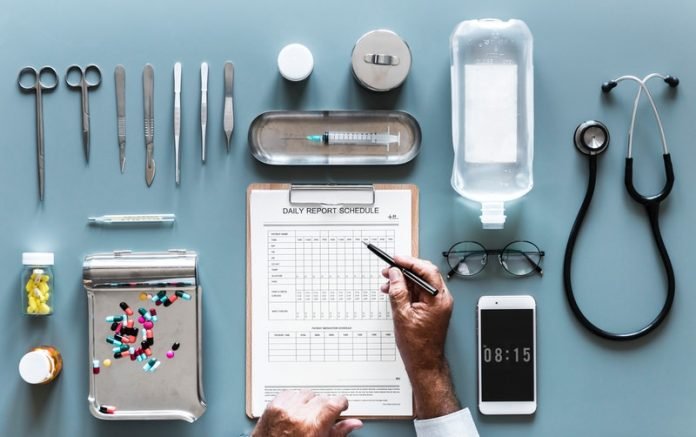
In a new study, researchers have found a new and noninvasive test for common bowel diseases.
This new test may help screen and monitor the treatment of gut diseases using only a small sample (1 mL) of blood and stool.
The research was conducted by a team from the Medical University of Warsaw.
Gut diseases such as inflammatory bowel disease (IBD) are increasingly prevalent worldwide, especially in industrialized countries.
In 2015 alone, 250,000 people in the UK were diagnosed with IBD, and 3 million in the U.S.
Symptoms include pain and swelling of the stomach, bloody diarrhea, weight loss, and extreme tiredness.
How well the gut functions is determined by the gut-blood barrier, a complex multi-layer system.
This can be compared to a fine-tuned filter that precisely controls the passage of nutrients and prevents bacteria passing from inside the bowel into the bloodstream.
In those with IBD and other intestinal diseases, the gut-blood barrier is impaired. This is commonly referred to as a leaky gut.
The usual strategy for diagnosing and monitoring IBD is based on a colonoscopy, which is invasive, often requires anesthesia, and assesses structural lesions, rather than gut malfunction.
In the study, the new test provides a non-invasive, simple test that could not only be useful for diagnosing IBD, but also other gut disorders, such as celiac disease and food allergies.
It measures the concentration of gut bacterial products (produced by bacteria during metabolism) in the patient’s blood and stool.
The authors believe that this assessment of gut leakage will be very important in the diagnosis and treatment of IBD and other intestinal diseases.
While there is no cure for IBD, it is controllable. Early diagnosis can help patients control symptoms before they become severe, improving their quality of life.
One author of the study is Marcin Ufnal.
The study is published in Experimental Physiology.
Copyright © 2019 Knowridge Science Report. All rights reserved.



